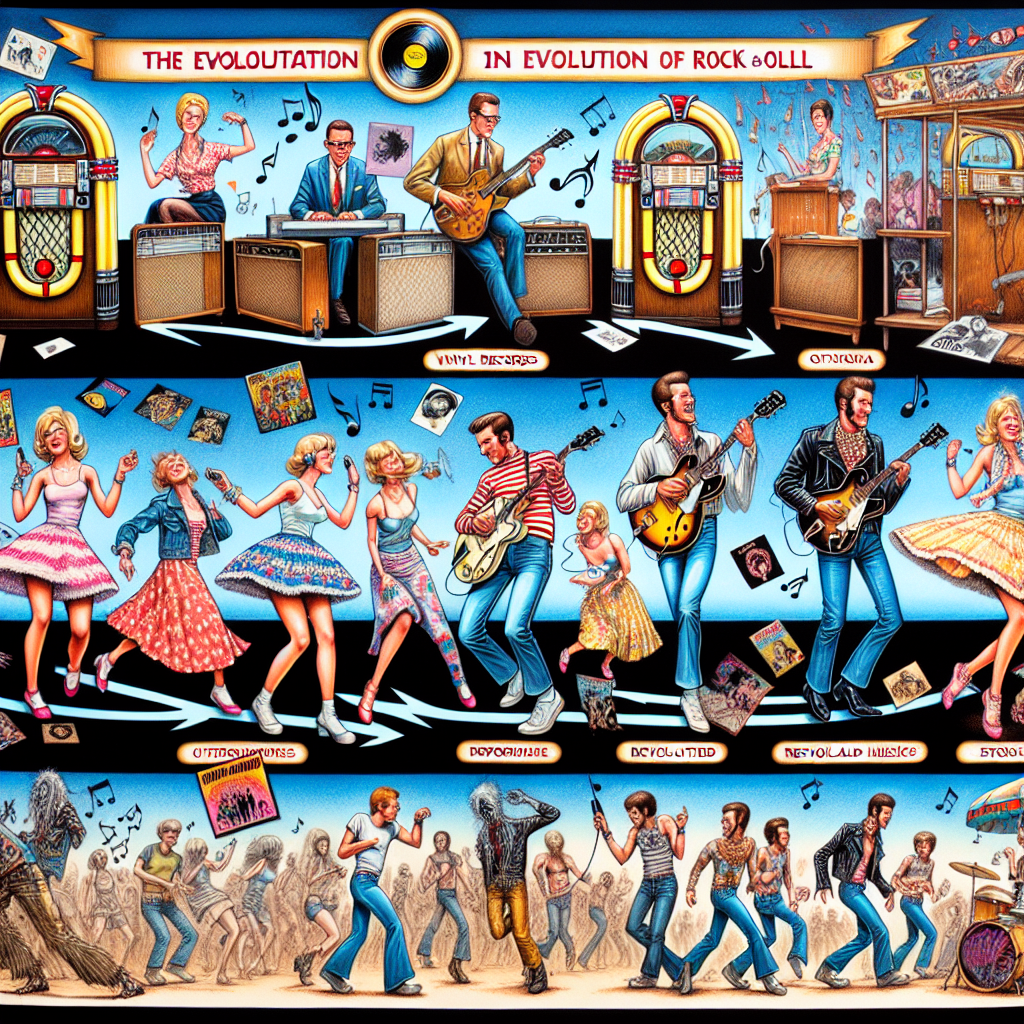Rock and roll music has had a profound impact on our culture over the decades, shaping not only the way we listen to music but also influencing fashion, technology, and even politics. Let’s take a look back at the evolution of rock and roll from the 1950s to the 1970s.
The 1950s: The Birth of Rock and Roll
In the 1950s, rock and roll emerged as a new genre of music that combined elements of rhythm and blues, country, and gospel. Artists like Elvis Presley, Chuck Berry, and Little Richard brought this new sound to mainstream audiences, sparking a cultural revolution. Rock and roll music became synonymous with rebellion and youth culture in America.
The 1960s: The Golden Age of Rock
The 1960s saw rock and roll reach new heights of popularity with bands like The Beatles, The Rolling Stones, and The Who leading the charge. This decade was marked by experimentation in both music and culture, with artists pushing boundaries in their lyrics and performances. Politicians even took notice of the power of rock music, using it as a platform for their campaigns.
The 1970s: Rock Goes Mainstream
By the 1970s, rock had become a dominant force in popular music. Bands like Led Zeppelin, Pink Floyd, and Queen dominated the airwaves with their epic soundscapes and larger-than-life performances. Fashion trends were heavily influenced by rock stars, with bell-bottom jeans, fringe jackets, and platform shoes becoming staples of the era.
Looking Ahead
As we look back on the evolution of rock and roll from the 1950s to the 1970s, it’s clear that this genre has had a lasting impact on our culture. From influencing fashion trends to shaping political discourse, rock music continues to be a powerful force in society. With advancements in technology allowing us to access music more easily than ever before, it’s exciting to see how rock will continue to evolve in the future.


Get involved!
Comments